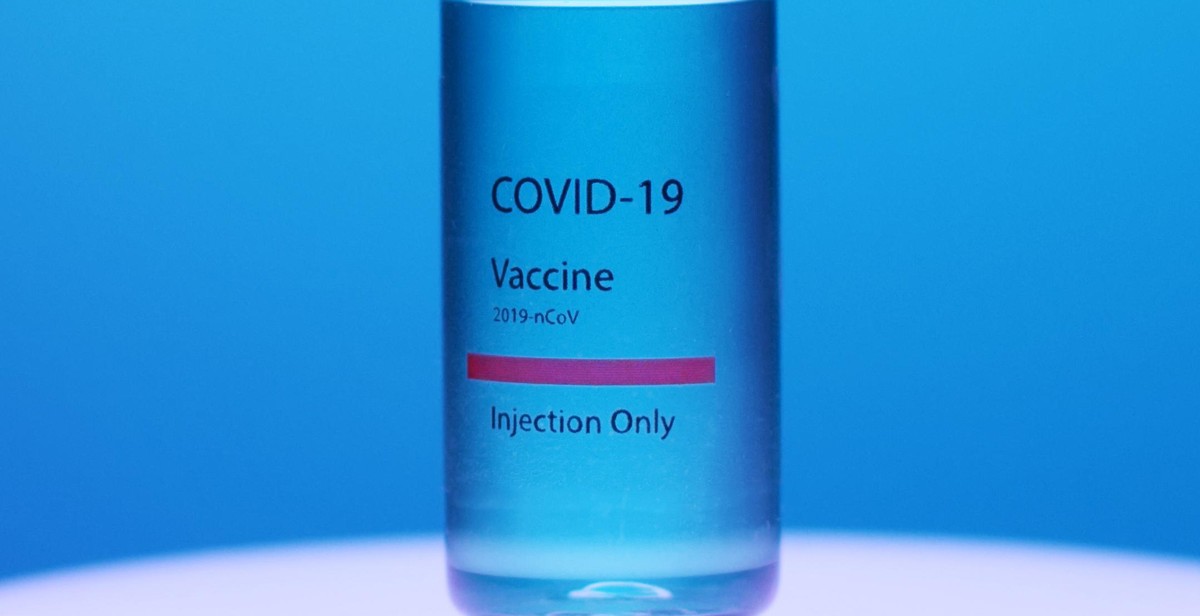Introduction: How to Advocate for Vaccination: Promoting Immunization in Your Community
Vaccination is one of the most effective ways to prevent the spread of infectious diseases. It not only protects the person receiving the vaccine but also helps to create herd immunity, which reduces the risk of transmission to those who cannot receive the vaccine, such as infants and individuals with weakened immune systems.
As a professional article writer and content creator, I have seen firsthand the impact of vaccine-preventable diseases on individuals and communities. Growing up, I received all the recommended vaccines, and I have continued to receive annual flu shots as an adult. I have also witnessed the devastating effects of vaccine-preventable diseases on friends and family members who were not vaccinated.
Unfortunately, there is a growing trend of vaccine hesitancy and refusal in many communities. This can be due to a lack of understanding about the benefits of vaccination, misinformation, or fear of side effects. As a result, it is essential to advocate for vaccination and promote immunization in your community.
In this article, I will provide tips and strategies for effectively advocating for vaccination and promoting immunization in your community. By working together, we can help to protect ourselves and those around us from vaccine-preventable diseases.

Understanding Vaccination
Before we can advocate for vaccination, it is important to understand what vaccination is and how it works. Vaccination is the process of administering a vaccine to stimulate the body’s immune system to recognize and fight off a specific disease-causing agent. This can be done through injection, oral administration, or nasal spray.
How Vaccination Works
Vaccines contain small amounts of weakened or dead viruses or bacteria that stimulate the body’s immune system to produce antibodies to fight off the disease. These antibodies remain in the body and provide immunity, so if the individual is exposed to the disease in the future, their immune system can quickly recognize and fight it off.
It is important to note that vaccines do not cause the disease they are designed to prevent. Instead, they prepare the body to fight off the disease if it is encountered in the future. Vaccines have been proven to be safe and effective in preventing the spread of many diseases, including polio, measles, and influenza.
Types of Vaccines
There are several different types of vaccines, including:
- Inactivated Vaccines: These contain viruses or bacteria that have been killed, so they cannot cause disease. Examples include the polio vaccine.
- Live Attenuated Vaccines: These contain weakened viruses or bacteria that can still replicate in the body but do not cause disease. Examples include the measles vaccine.
- Subunit, Recombinant, Polysaccharide, and Conjugate Vaccines: These contain pieces of the virus or bacteria, such as proteins or sugars, that stimulate an immune response. Examples include the hepatitis B vaccine.
It is important to follow the recommended vaccination schedule for yourself and your family to ensure protection against preventable diseases. By understanding how vaccination works and the different types of vaccines available, we can help promote immunization in our communities and protect ourselves and those around us from harmful diseases.

Challenges in Promoting Vaccination
Promoting vaccination can be a challenging task, as there are a number of factors that can hinder efforts to increase immunization rates. Some of the key challenges include:
Misinformation and Myths about Vaccination
One of the biggest challenges in promoting vaccination is the prevalence of misinformation and myths about vaccines. Some people believe that vaccines are not safe, or that they can cause autism or other health problems. These beliefs are often based on inaccurate or incomplete information, and can lead to vaccine hesitancy or refusal.
Addressing these myths and providing accurate information about vaccines is critical to promoting immunization. This can involve working with healthcare providers, community leaders, and other stakeholders to share accurate information about vaccines and their safety and effectiveness.
Vaccine Hesitancy
Vaccine hesitancy is another significant challenge in promoting vaccination. This refers to the reluctance or refusal of some individuals or communities to get vaccinated, even when vaccines are available and recommended by healthcare providers.
Vaccine hesitancy can be driven by a number of factors, including concerns about vaccine safety, mistrust of healthcare providers or public health authorities, and cultural or religious beliefs. Addressing vaccine hesitancy requires a multifaceted approach, including education, outreach, and community engagement.
Lack of Access to Vaccines
Another challenge in promoting vaccination is ensuring that vaccines are accessible to all members of the community. This can be particularly challenging in low-income or marginalized communities, where access to healthcare services may be limited.
Addressing this challenge requires a combination of policy and programmatic interventions. This can include initiatives to increase access to healthcare services, such as mobile clinics or telemedicine programs, as well as efforts to increase funding for vaccination programs and reduce barriers to vaccination, such as transportation or language barriers.
Conclusion
Overall, promoting vaccination requires a coordinated and multifaceted approach that addresses the various challenges that can hinder immunization efforts. By working together to address these challenges, healthcare providers, community leaders, and other stakeholders can help to ensure that all members of the community have access to the vaccines they need to protect their health and wellbeing.

Advocating for Vaccination
Vaccination is one of the most effective ways to prevent the spread of infectious diseases. It not only protects individuals, but also the entire community. However, there are still people who are hesitant to get vaccinated, due to various reasons. As a member of the community, it is important to advocate for vaccination and promote immunization to ensure the health and safety of everyone.
Know the Facts
One of the most important things in advocating for vaccination is to know the facts. Understanding how vaccines work, their safety and effectiveness, and the benefits they provide can help you address misconceptions and concerns of others. Keep yourself updated with the latest information and research on vaccines, and always rely on credible sources.
Addressing Misconceptions
There are many misconceptions and myths surrounding vaccines that contribute to vaccine hesitancy. Some people believe that vaccines can cause autism, or that they are not necessary if they have a strong immune system. It is important to address these misconceptions with factual information and evidence-based research. Listen to people’s concerns and answer their questions with patience and empathy.
Partnering with Healthcare Professionals
Healthcare professionals play a crucial role in promoting vaccination. They have the expertise and knowledge to provide accurate information and advice on vaccines. Partnering with healthcare professionals in your community can help you reach out to more people and increase vaccine uptake. You can collaborate with doctors, nurses, pharmacists, and other healthcare providers to organize vaccination campaigns, seminars, or workshops.
Creating Community Awareness
Creating community awareness is another important aspect of advocating for vaccination. You can use social media, local newspapers, or community events to spread the word about the importance of vaccines. Share your personal experience with vaccines and how they have protected you and your loved ones. Encourage others to get vaccinated and remind them that it is a collective effort to ensure the health and safety of everyone.
| Benefits of Vaccination | How Vaccines Work |
|---|---|
|
|

Conclusion
Advocating for vaccination is crucial in promoting immunization in your community. The importance of vaccination cannot be overstated, as it is the most effective way to prevent the spread of infectious diseases. It is essential to educate people about the benefits of vaccination and debunk any myths or misconceptions surrounding it.
Be Proactive in Your Advocacy
As a community member, you can take a proactive approach to advocate for vaccination. You can start by talking to your family, friends, and colleagues about the importance of immunization and encouraging them to get vaccinated. You can also participate in community events and campaigns that promote vaccination.
Partner with Healthcare Professionals
Healthcare professionals play a significant role in advocating for vaccination. As a content creator, you can partner with healthcare professionals to create educational materials and campaigns that promote vaccination. You can also collaborate with them to host vaccination clinics in your community.
| Benefits of Advocating for Vaccination |
|---|
| Prevents the spread of infectious diseases |
| Increases vaccination rates in the community |
| Helps debunk myths and misconceptions about vaccination |
Final Thoughts
Advocating for vaccination is a crucial step in promoting immunization in your community. By taking proactive measures and partnering with healthcare professionals, you can help increase vaccination rates and prevent the spread of infectious diseases. Remember to stay informed and educate others about the benefits of vaccination.
